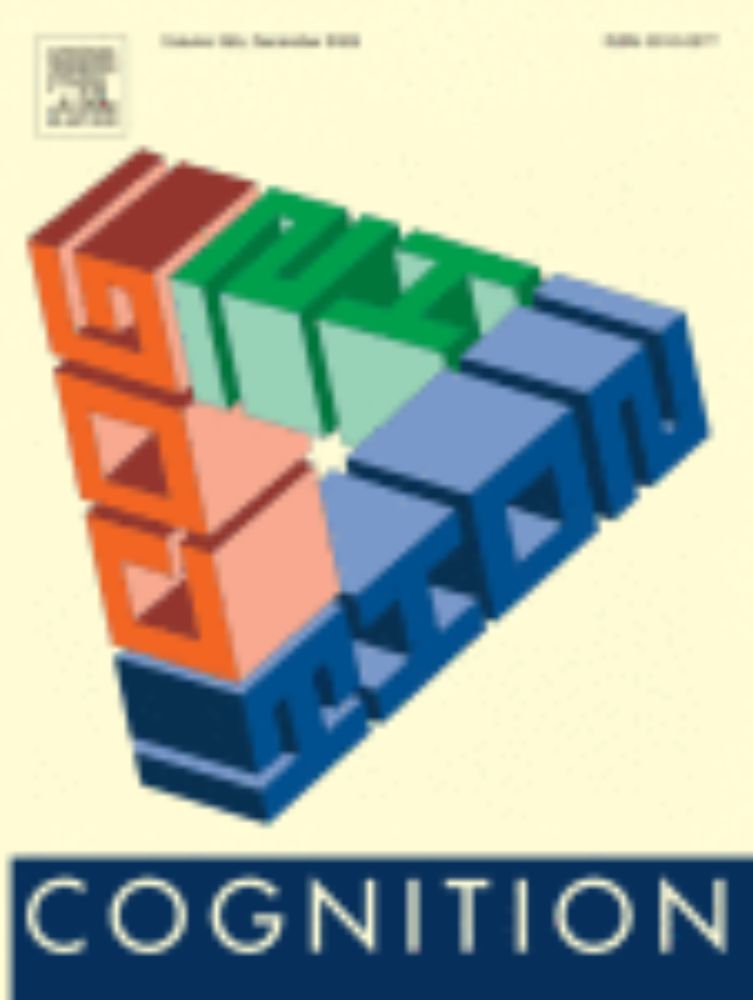Thesaurus of human memory:
https://loterre.istex.fr/P66/en/
Blog:
https://blogdememovocab.fr
For information in French:
@memovocabfr.bsky.social


doi.org/10.3758/s134...

doi.org/10.3758/s134...
doi.org/10.3758/s134...

doi.org/10.3758/s134...
journals.physiology.org/doi/abs/10.1...

journals.physiology.org/doi/abs/10.1...
onlinelibrary.wiley.com/doi/abs/10.1...

onlinelibrary.wiley.com/doi/abs/10.1...
thememorypalacephil.substack.com/p/how-we-rec...

thememorypalacephil.substack.com/p/how-we-rec...

www.sciencedirect.com/science/arti...

www.sciencedirect.com/science/arti...
www.cell.com/neuron/abstr...

www.cell.com/neuron/abstr...

compass.onlinelibrary.wiley.com/doi/full/10....
compass.onlinelibrary.wiley.com/doi/full/10....

doi.org/10.1016/j.ti...

doi.org/10.1016/j.ti...

www.annualreviews.org/content/jour...

www.annualreviews.org/content/jour...


[Replication] The misinformation effect [ ❓ loterre.istex.fr/P66/en/page/... ]: Why your memories can be hacked.
psycnet.apa.org/doiLanding?d....

[Replication] The misinformation effect [ ❓ loterre.istex.fr/P66/en/page/... ]: Why your memories can be hacked.
psycnet.apa.org/doiLanding?d....
www.nature.com/articles/s41...

www.nature.com/articles/s41...
www.sciencedirect.com/science/arti...

www.sciencedirect.com/science/arti...
www.sciencedirect.com/science/arti...

www.sciencedirect.com/science/arti...
www.sciencedirect.com/science/arti...

www.sciencedirect.com/science/arti...
www.sciencedirect.com/science/arti...

www.sciencedirect.com/science/arti...
1/ www.tandfonline.com/doi/full/10....
2/ link.springer.com/article/10.3...
3/ brill.com/view/journal...

1/ www.tandfonline.com/doi/full/10....
2/ link.springer.com/article/10.3...
3/ brill.com/view/journal...
Out now open access: www.sciencedirect.com/science/arti...
Andreas isn't on bsky, but he very kindly wrote a summary thread for me to share.
🧵 (1/24)

Out now open access: www.sciencedirect.com/science/arti...
Andreas isn't on bsky, but he very kindly wrote a summary thread for me to share.
🧵 (1/24)

